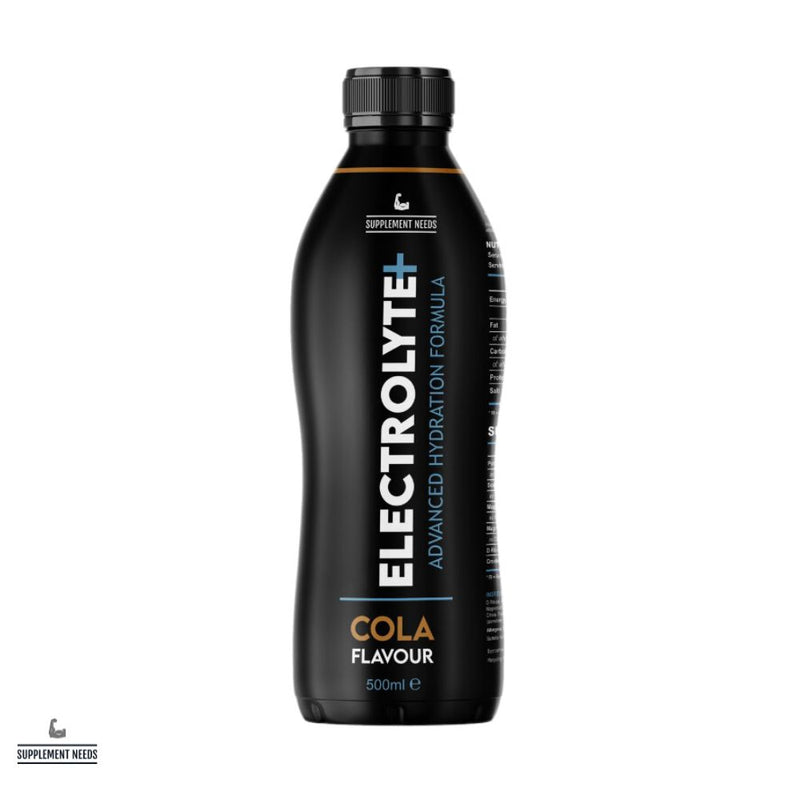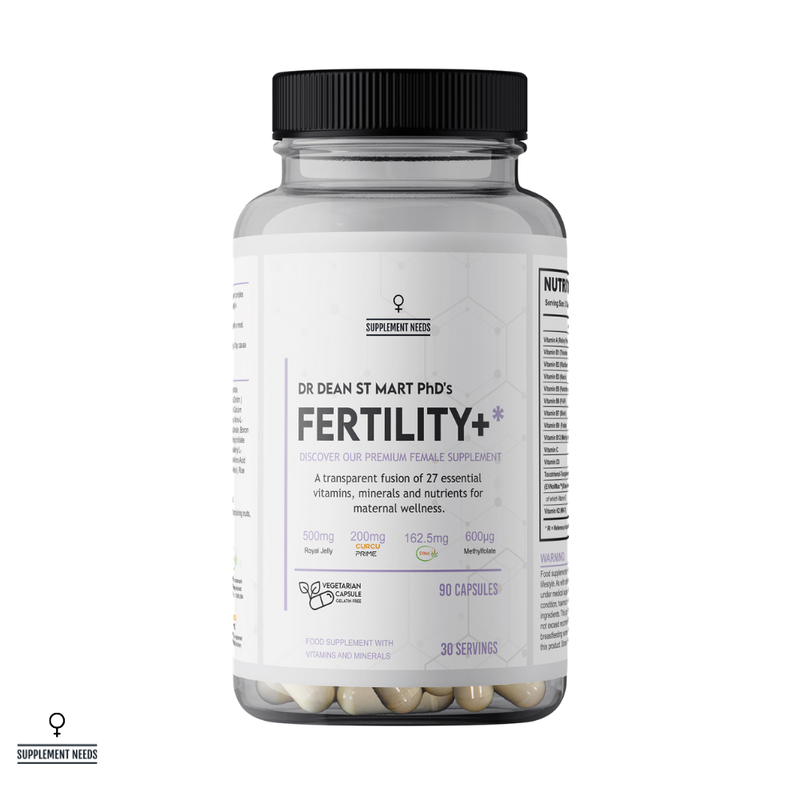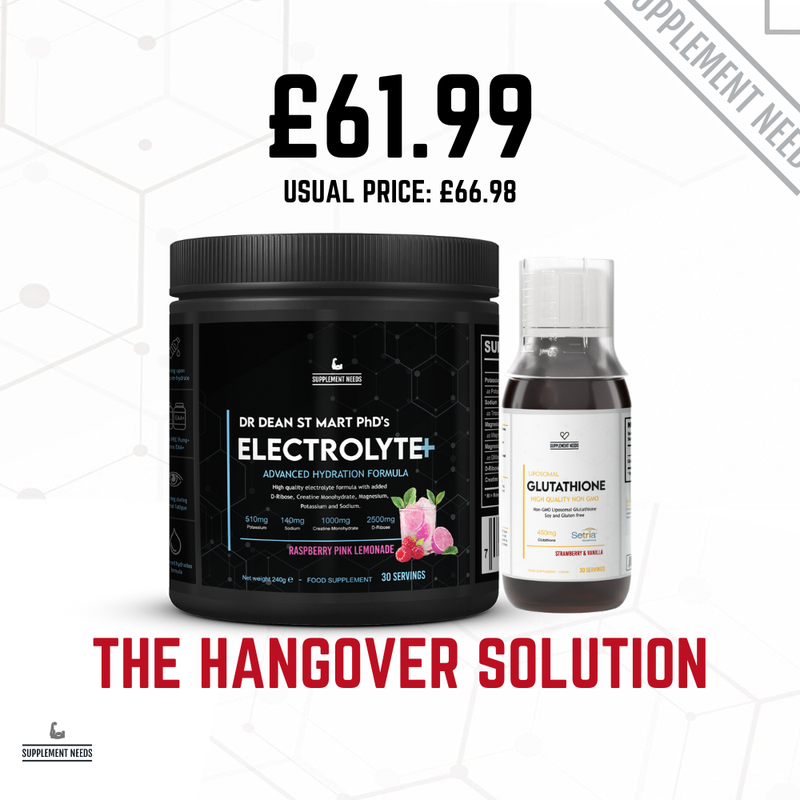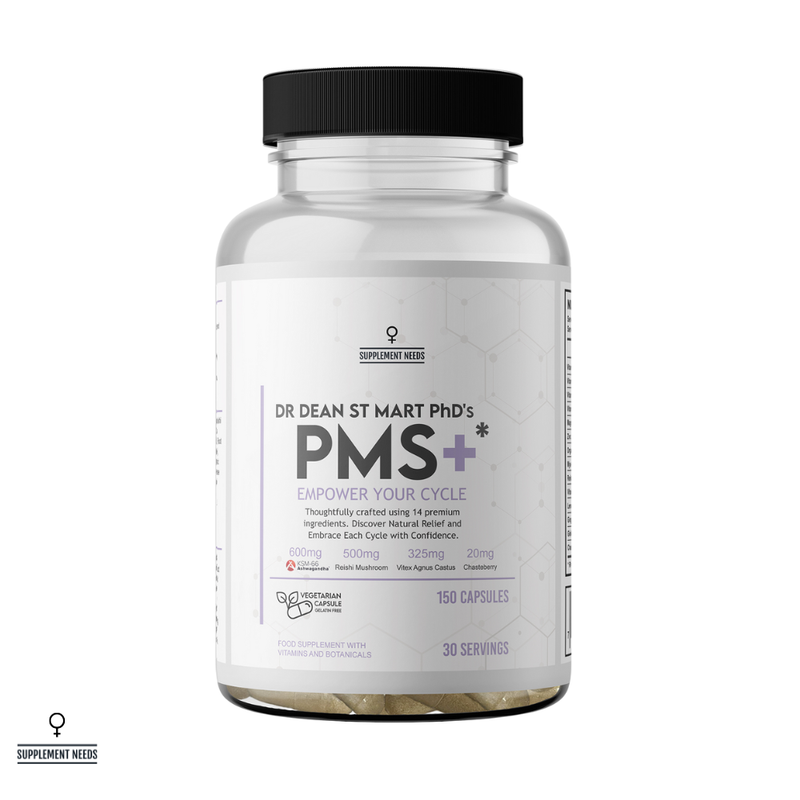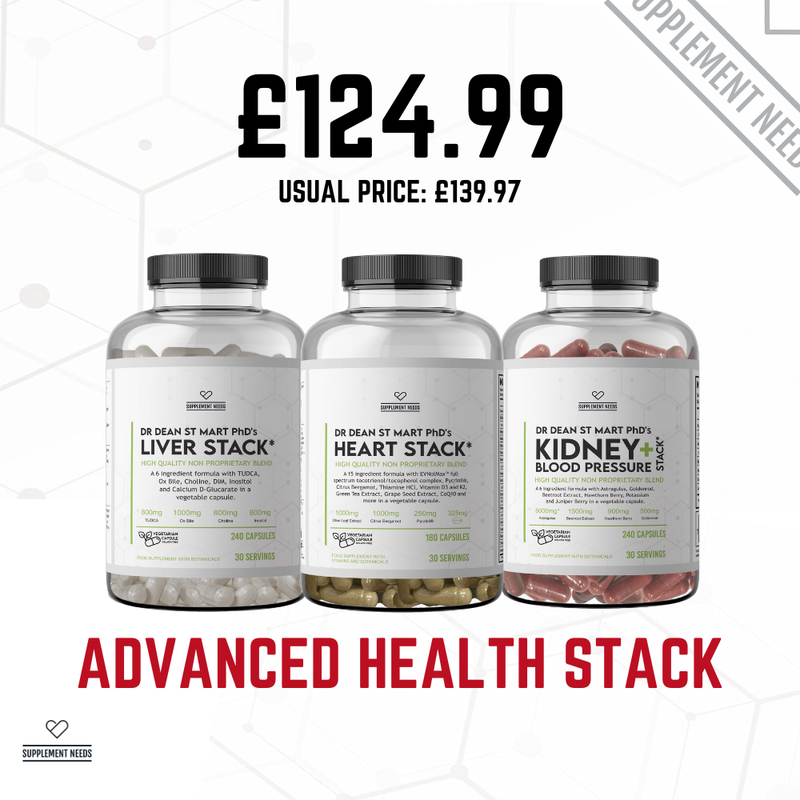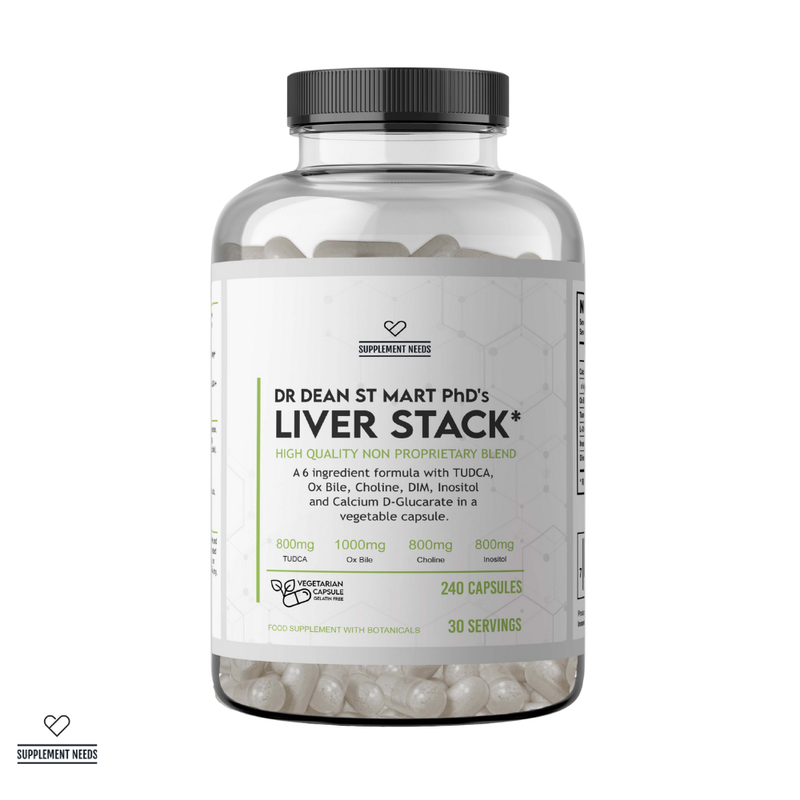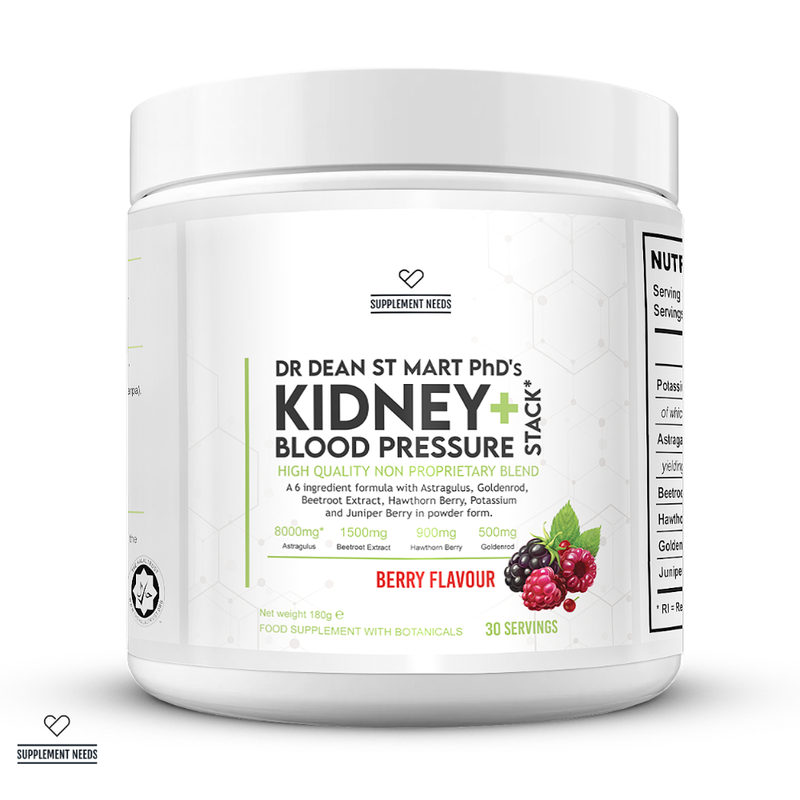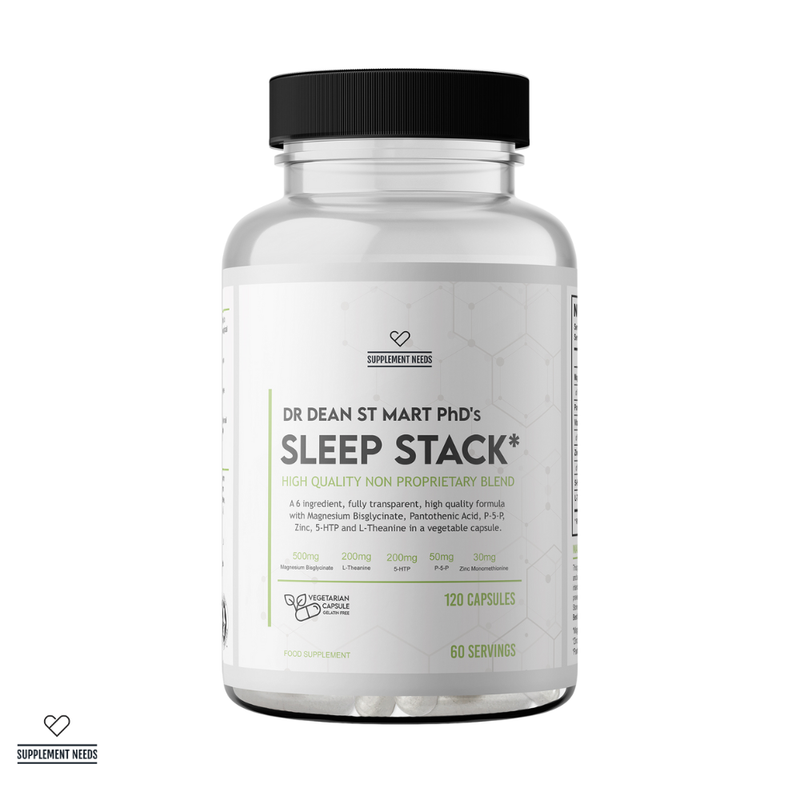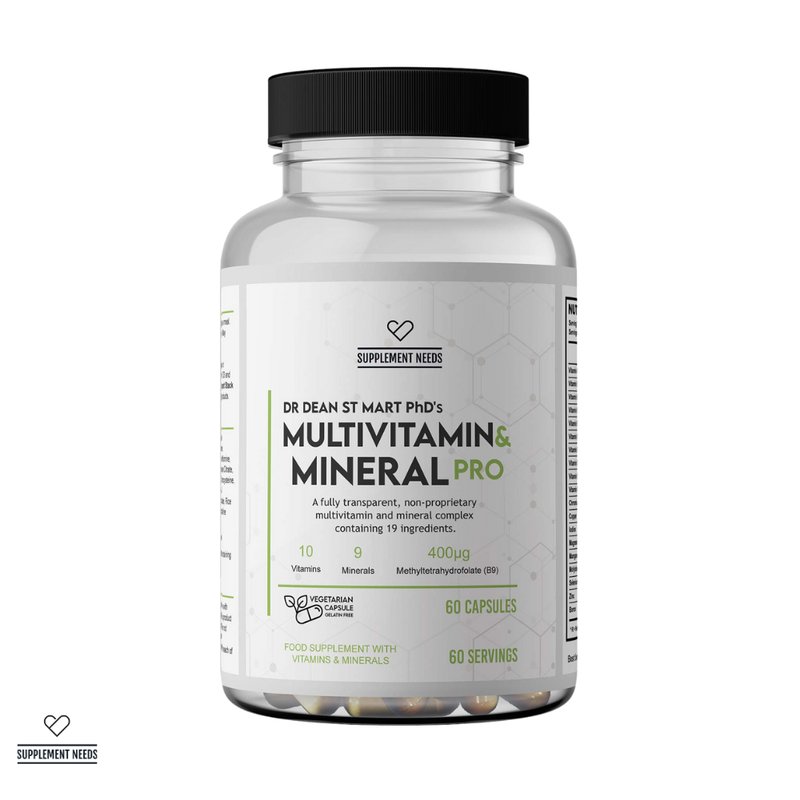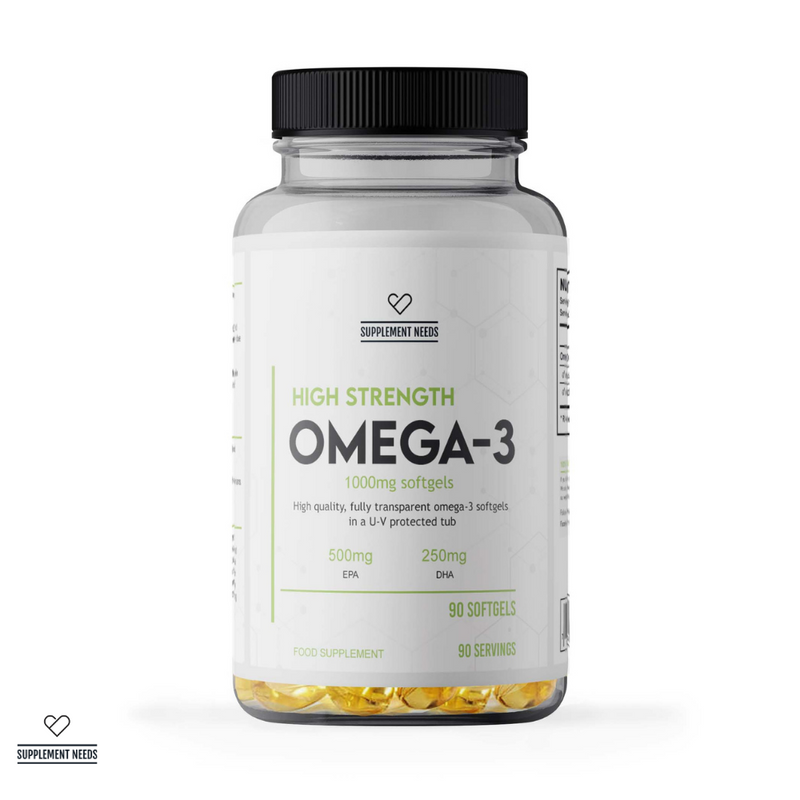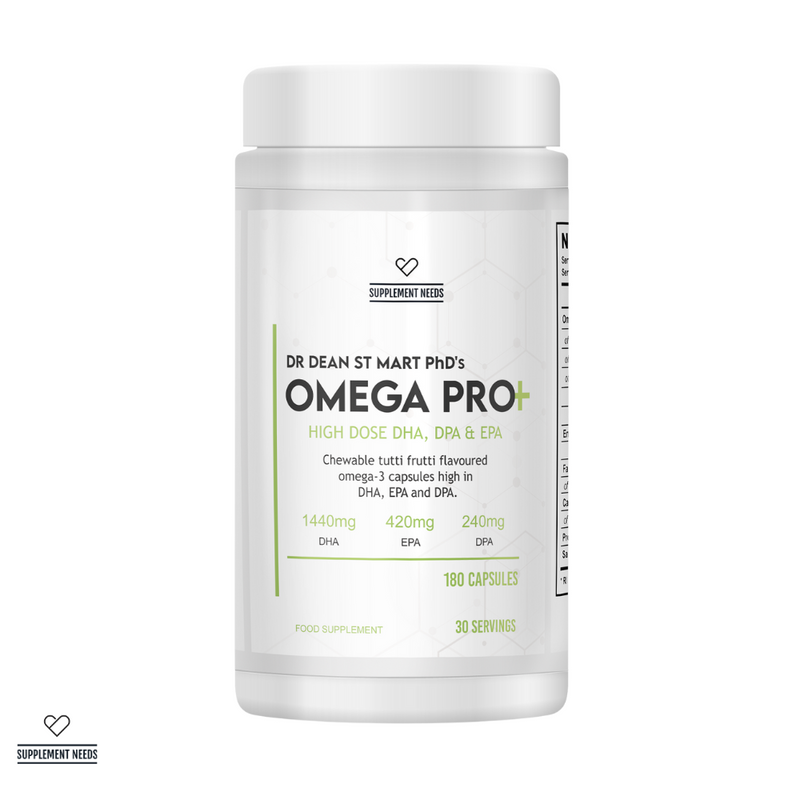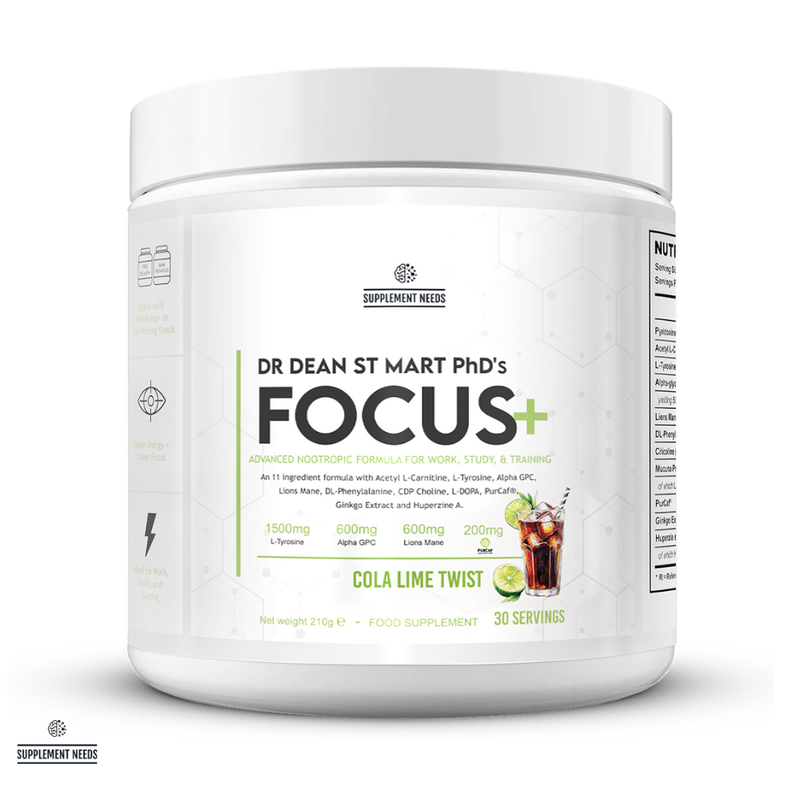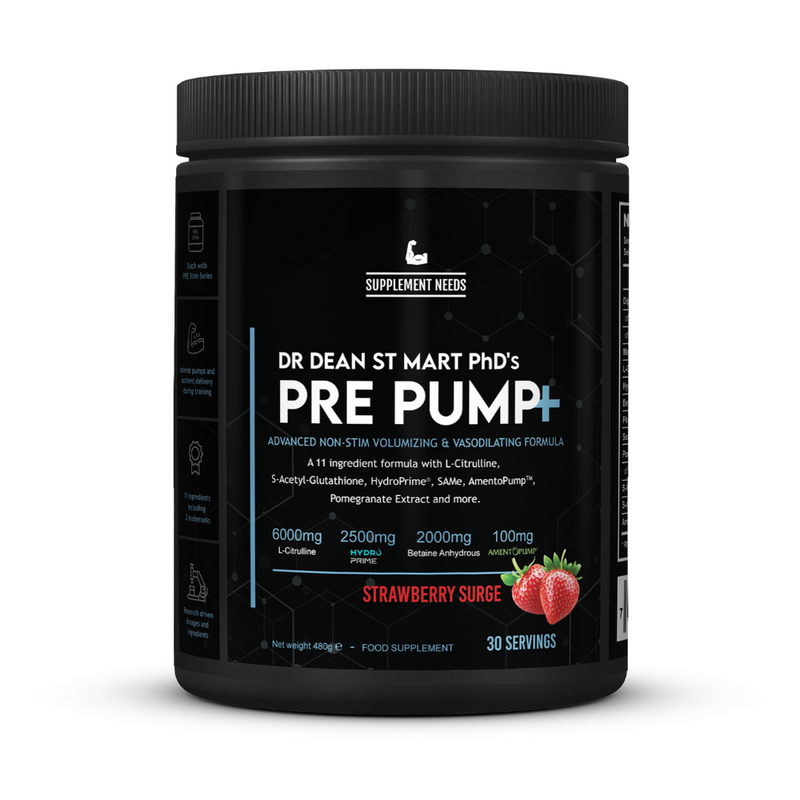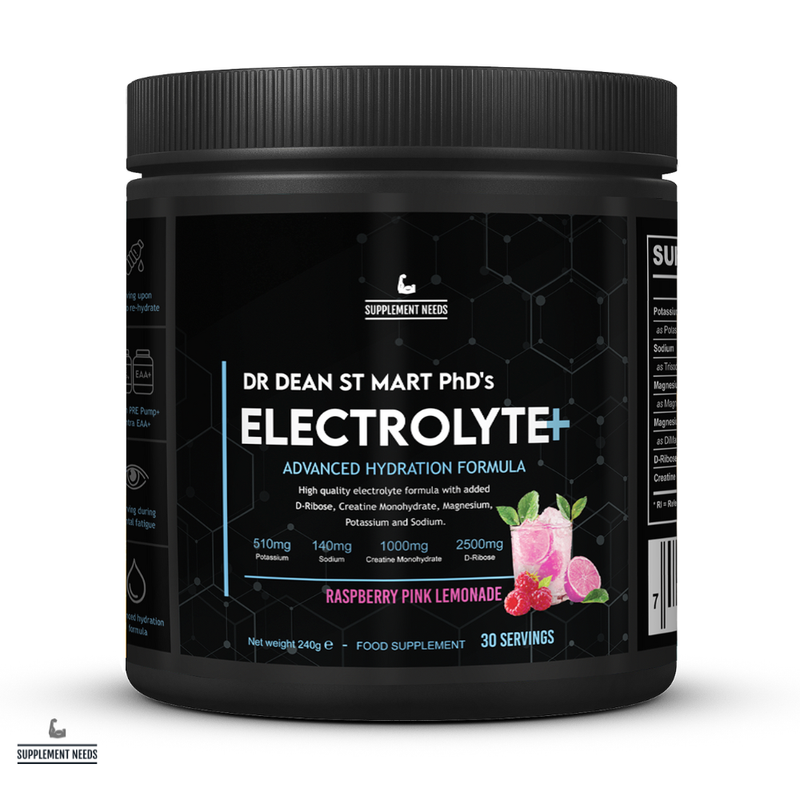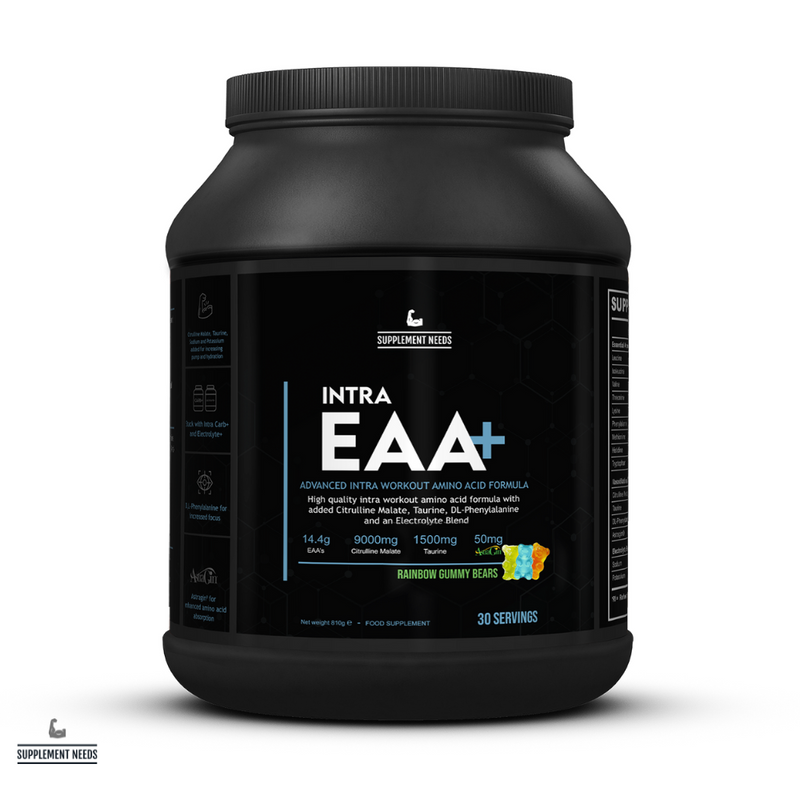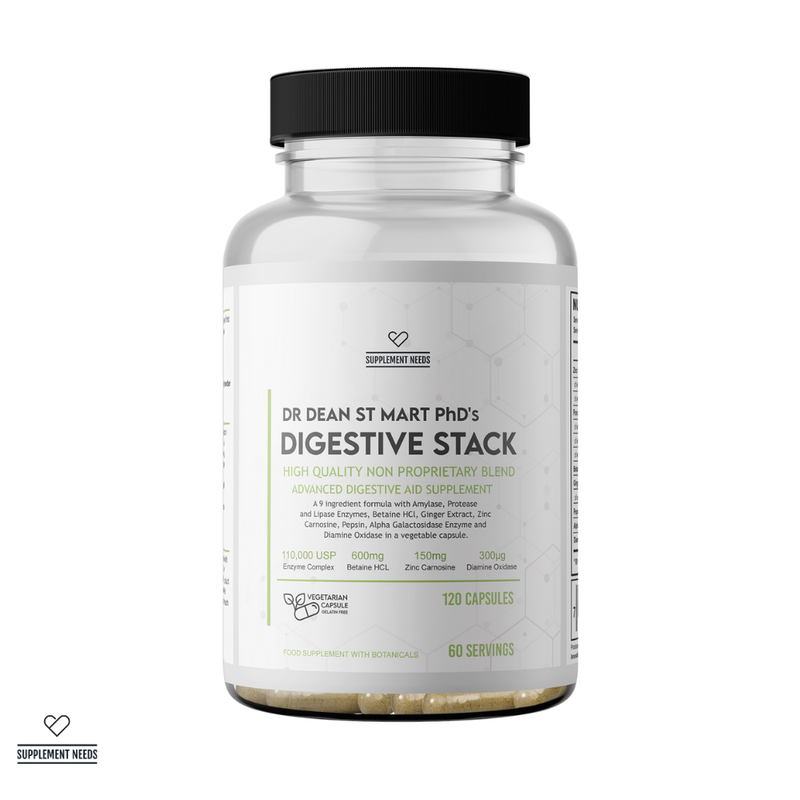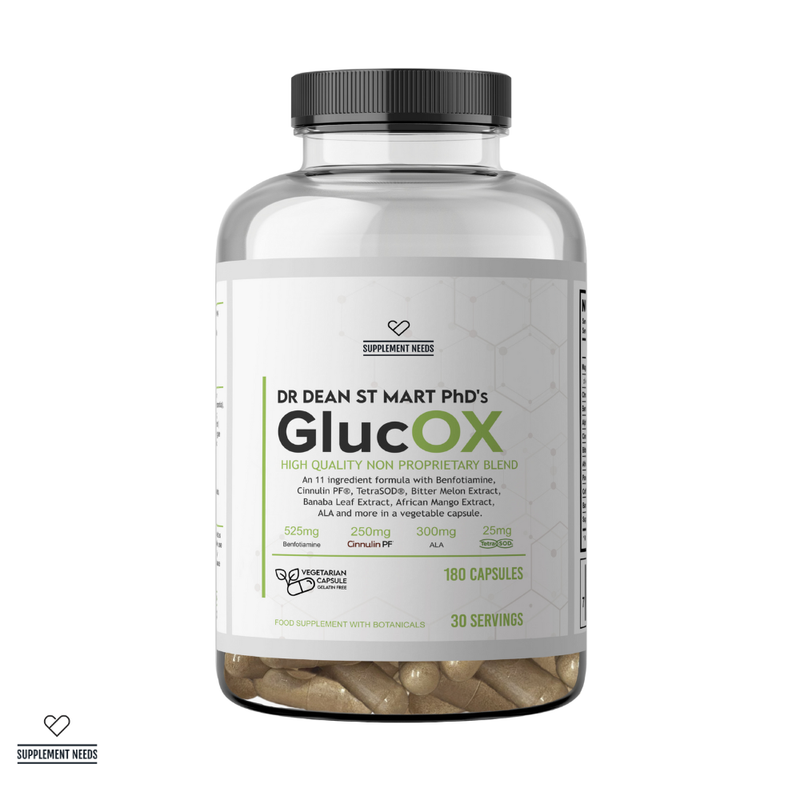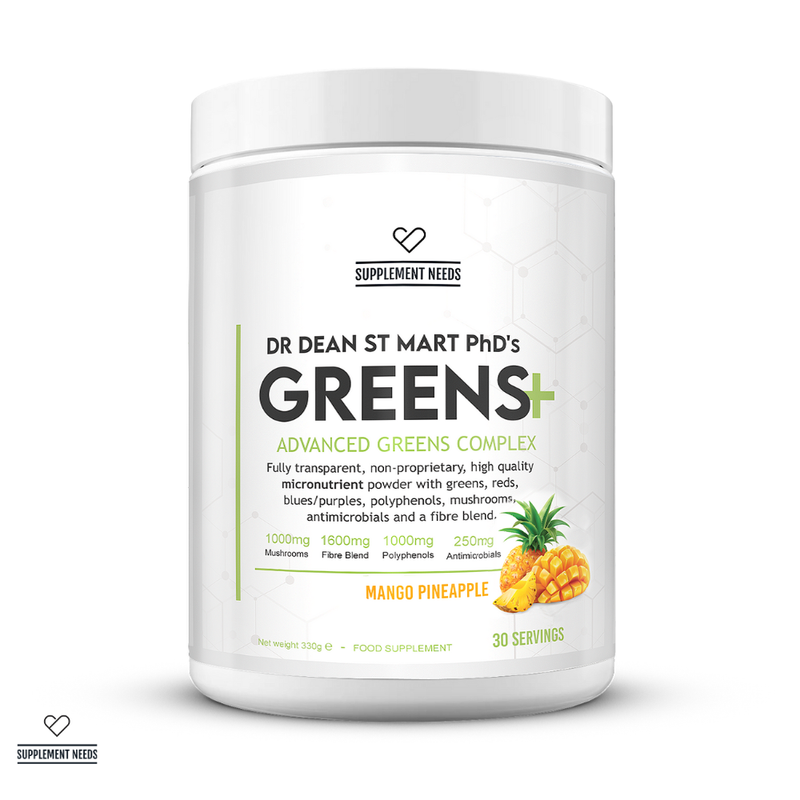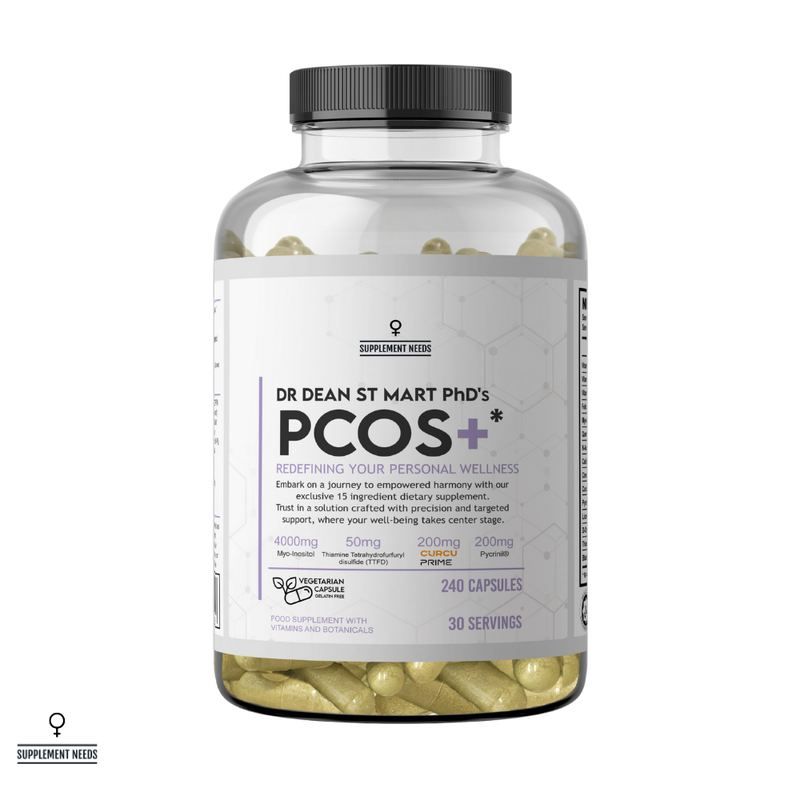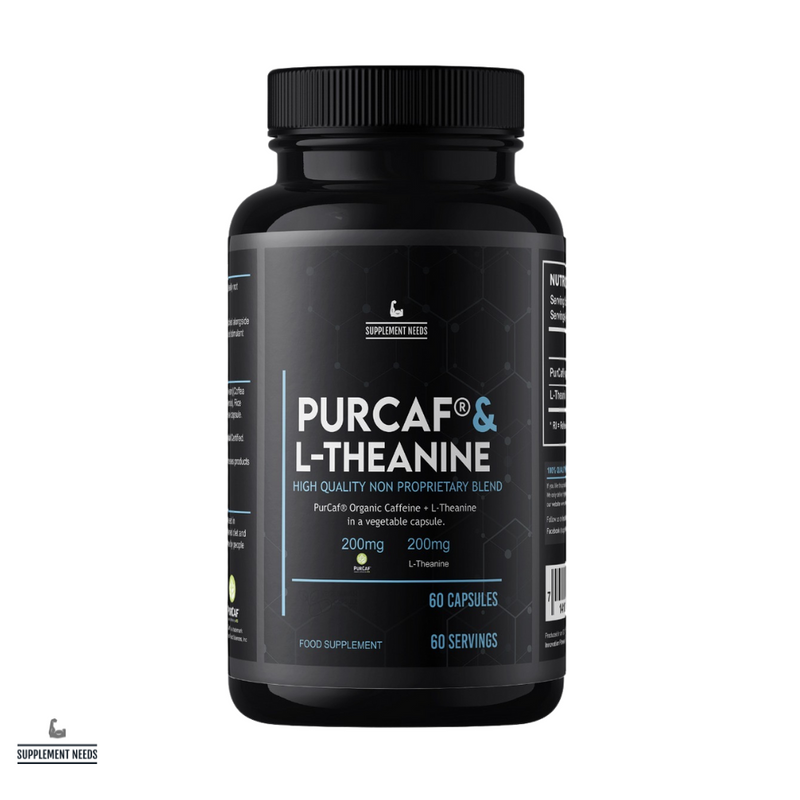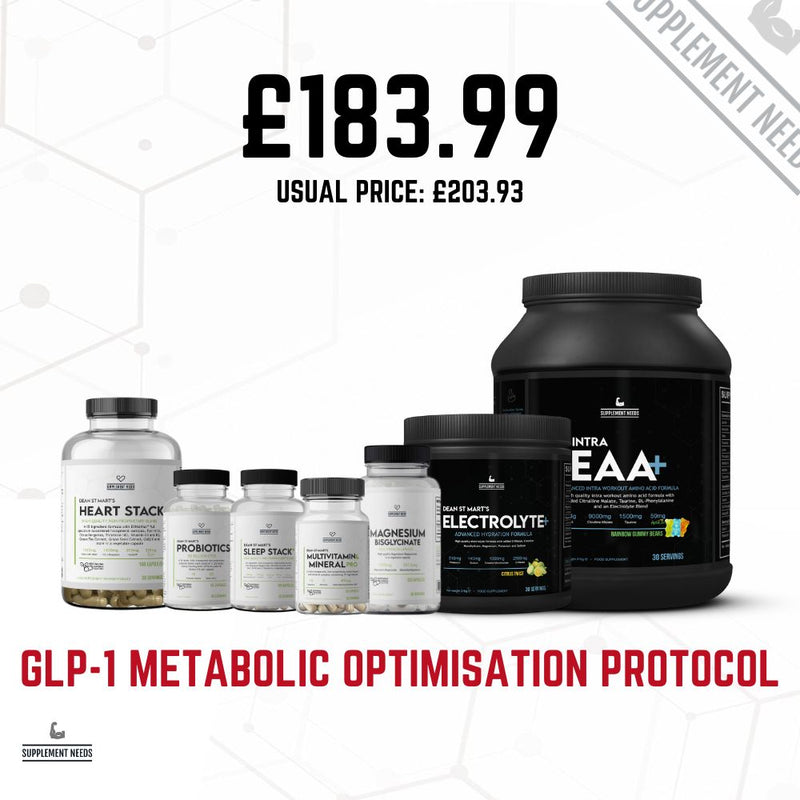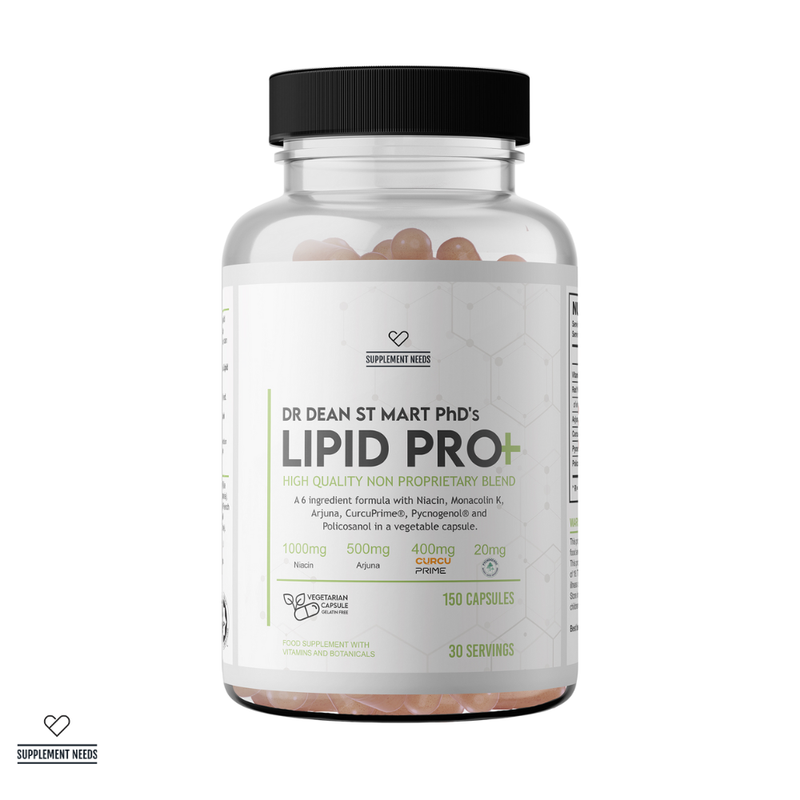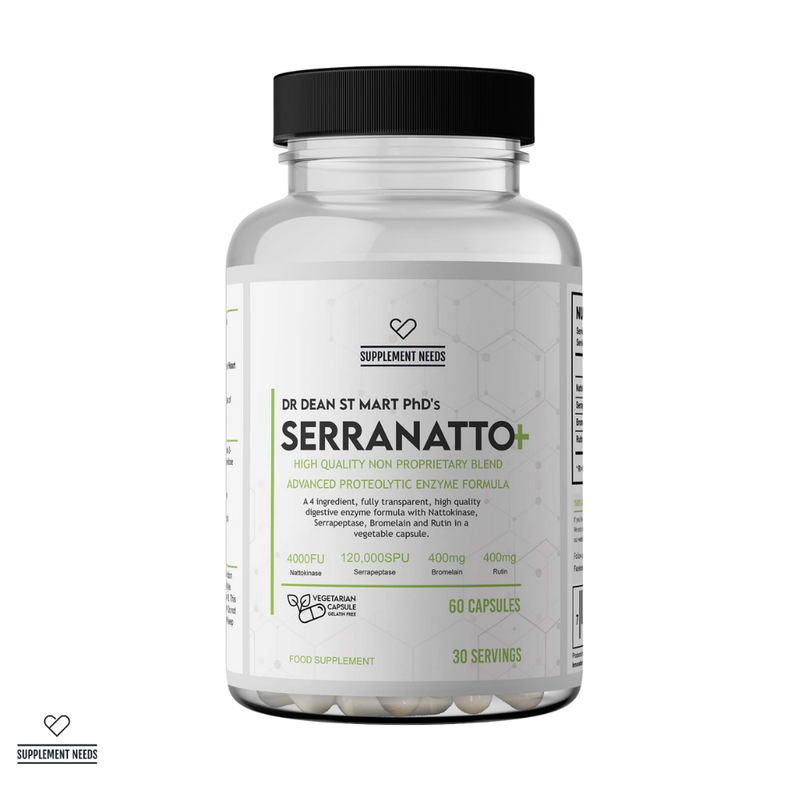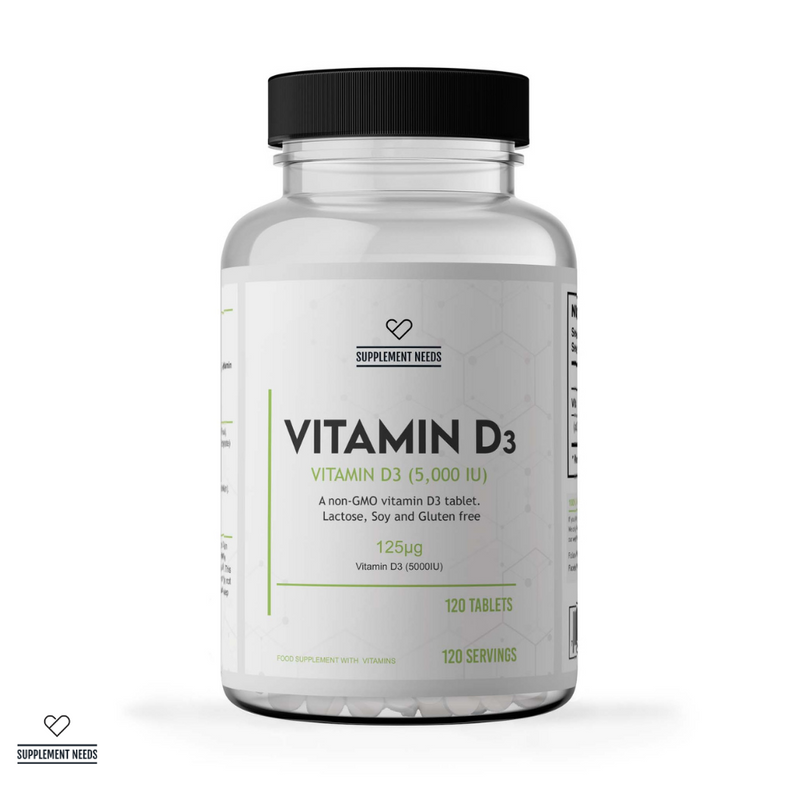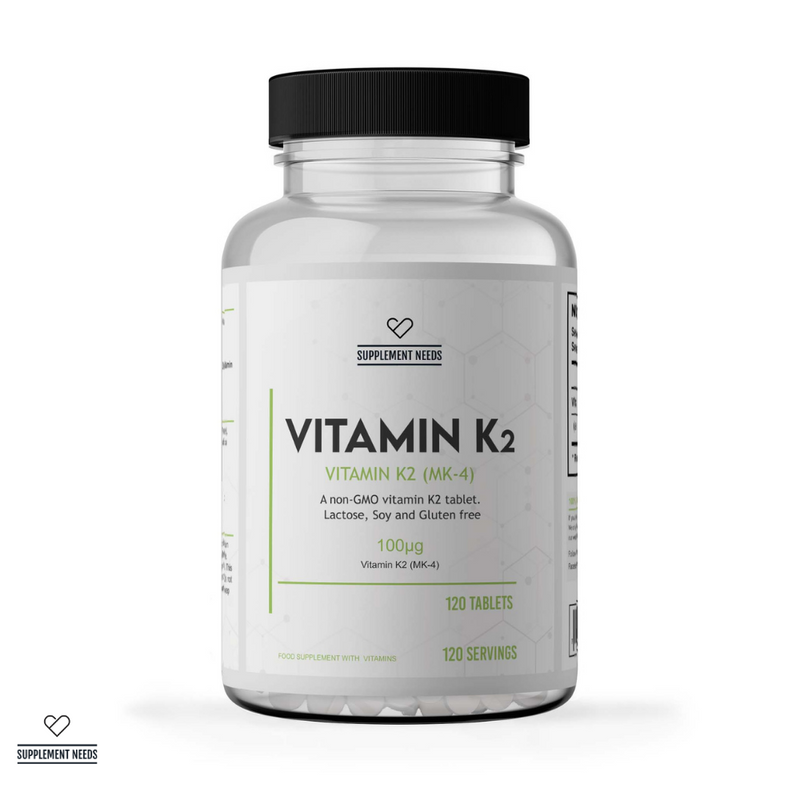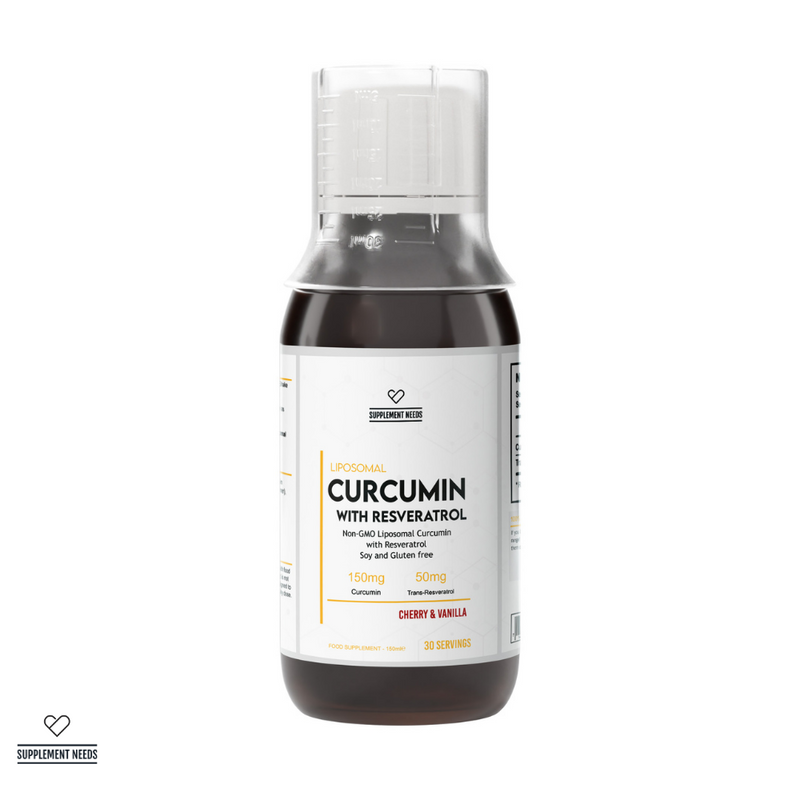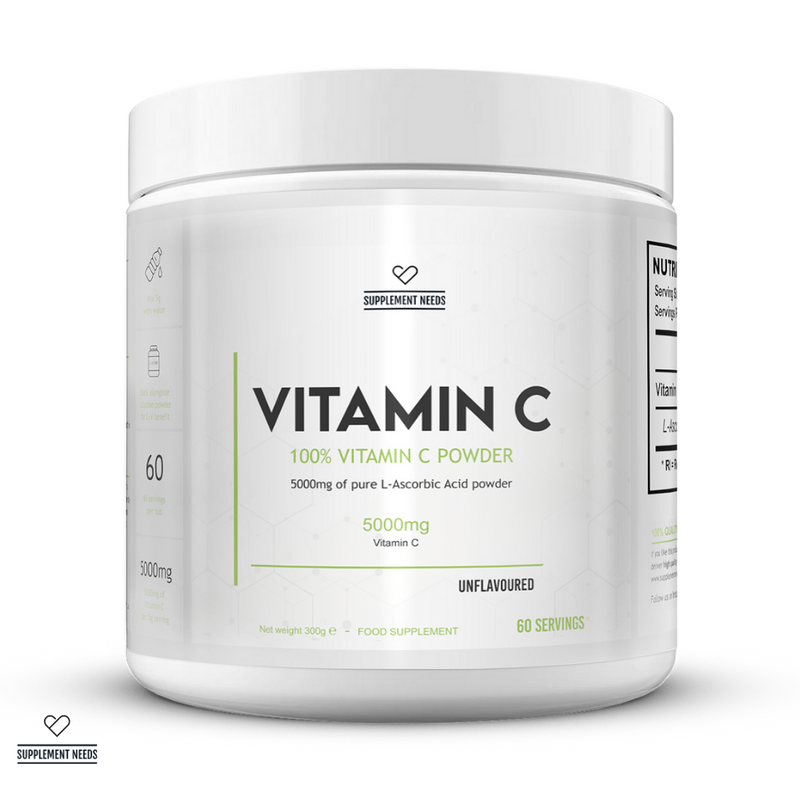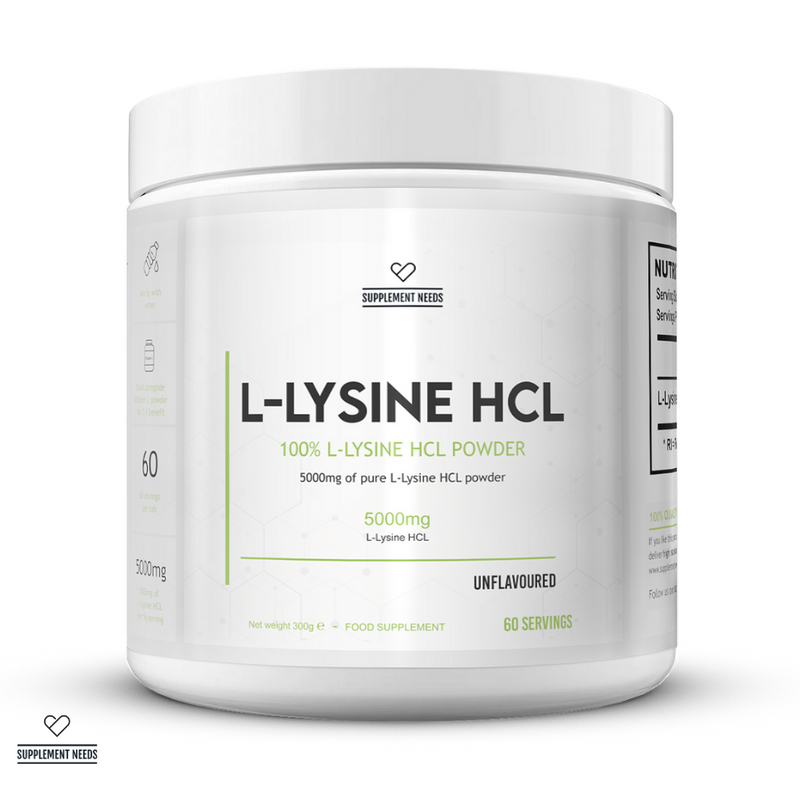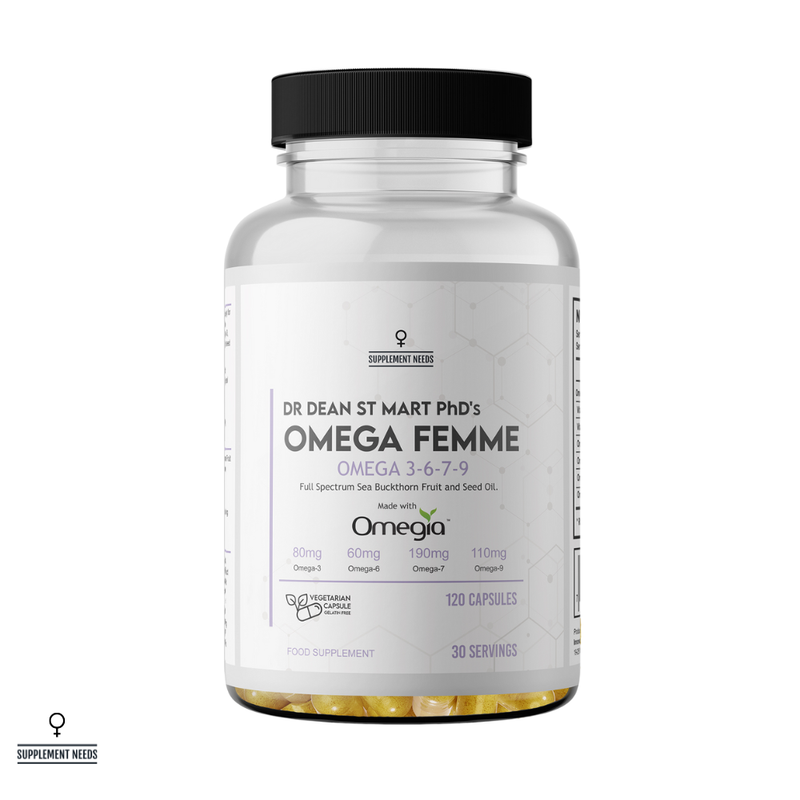Whilst there’s no substitute for a healthy diet and regular exercise for maintaining cardiovascular health, there are a number of vitamins, antioxidants and fatty acids which have been shown in studies to support heart health.
When shopping around for a ‘heart health supplement’, it’s important to look for a product that contains an efficacious mix of the correct ingredients. Below, the Supplement Needs team takes you on a tour through some of the most common substances that are associated with healthy heart function.
What are the best supplements for your heart?
Leaf through the newspaper, and you’re bound to see the occasional story about various ingredients and their purported benefits for heart health.
However, some ingredients/substances have a stronger evidence base and correlation with cardiovascular health than others. Below, you’ll find examples of those ingredients/substances that have been linked to the maintenance of normal heart function.
Omega fatty acids
Perhaps the substances that are most commonly linked in the public consciousness with heart health are Omega fatty acids.
Of the Omega fatty acids that are most closely linked with heart support Omega-3 is perhaps the fatty acid that has the strongest evidence base.
As a study in Pharmacological Research (Casula M, Olmastroni E, Gazzotti M et al., 2020) indicates, ‘A meta-analysis found that use of Omega-3 supplements of <1 capsule/day was not associated with all cause mortality, but among participants with a risk of cardiovascular disease, taking a higher dose was associated with a reduction in cardiac death and sudden death’.
Why Omega-3 should have this effect remains up for debate, however, the study authors did speculate that ‘Omega-3 fatty acids have anti-inflammatory and anti-hypertriglyceridemia effects’.
Instead of being a single acid, Omega-3 actually refers to a group of polyunsaturated fats. These fats (of which a total of 11 have been identified by scientists) are considered ‘essential’ - meaning they are required for the healthy functioning of the body, but cannot be synthesised endogenously. Instead, you must source these fats from external sources (e.g. foodstuffs).
The Omega-3 fatty acids that are most commonly found in foodstuffs (and supplements) are Alpha-Linolenic-Acid (ALA), Eicosapentaenoic Acid (EPA), and Docosahexaenoic Acid (DHA).
Supplements containing Omega-3: if you’re keen to supplement your diet with Omega-3, then why not try Supplement Needs Omega-3 or Supplement Needs Omega PRO+?
Thiamine
Thiamine (which is better known by many people as Vitamin B1) is one of the B vitamins that is primarily responsible for converting carbohydrates into usable energy. It does this as it takes the form of thiamin pyrophosphate (TPP) - the coenzyme for the transfer of active aldehyde in carbohydrate metabolism.
But, did you know that Thiamine can potentially support normal heart function, too?
Thiamine can affect heart health in two ways. Firstly, a severe deficiency of Thiamine can result in the development of hypotension (a.k.a. very low blood pressure). Thiamine deficiency can also result in beriberi (tingling and numbness in the feet and hands).
Secondly, some studies have suggested that Thiamine supplementation can potentially support heart health. As a study in the Journal of Applied Physiology (Yamada Y, Kusakari Y, Akaoka M et al. 2021) found, ‘Thiamine treatment preserves cardiac function against ischemia injury via maintaining mitochondrial size and ATP levels'.
Further, given that Thiamine helps to create ATP - the body’s energy substrate - a lack of Thiamine in the diet can result in how well the heart works. In layman’s terms; without sufficient levels of Thiamine, your heart won’t get the energy it needs to pump and function effectively.
Supplements containing Thiamine - want to add Thiamine to your diet? Then consider Supplement Needs Heart Stack, which contains 25mg of Thiamine HCL per 6 capsule serving.
Garlic
Yes, believe it or not, but Garlic (or, if you prefer its binomial name, Allium Sativum), has been linked with supporting normal heart health.
Garlic is packed with vitamins and minerals - including Vitamin B6, Vitamin C, Manganese, and Selenium - however, there is one stand-out ingredient that is purported to be the most beneficial - an antioxidant called Allicin.
A number of scientists believe that Allicin can act as an anti-inflammatory, helping to lower cholesterol levels and blood pressure.
This isn’t mere supposition, either. Although the evidence base remains small, there are some compelling studies - take, Cellular Mechanisms Underlying the Cardioprotective Role of Allicin on Cardiovascular Diseases, for example. This study reports that ‘Allicin exerts beneficial effects on various CVD risk factors, through the regulation of intracellular signalling pathways and mechanisms that improve cardiovascular structure and function’.
Supplements containing Allicin - you can add Allicin to your diet with the following supplements; Supplement Needs Heart Stack.
Vitamin E
Another organic compound that can support heart health is Vitamin E - and is something you should be looking for in any supplement that claims to support cardiovascular function.
Despite its name, Vitamin E doesn’t refer to a single compound, but rather a group of eight antioxidants. These can be further split into two discrete groups; tocopherols, and tocotrienols.
The tocopherols are:
- Alpha-Tocopherol.
- Beta-Tocopherol.
- Gamma-Tocopherol.
- Delta-Tocopherol.
The Tocotrienols are:
- Alpha-Tocotrienol.
- Beta-Tocotrienol.
- Gamma-Tocotrienol.
- Delta-Tocotrienol.
Together, these antioxidants play several important roles within the body, most notably protecting against oxidative stress and protecting the fatty acids in your cell membranes.
Epidemiological data also suggests that Vitamin E can have a protective effect upon cardio health. One large study of 39,910 men - the Health Professions Follow-up Study - reached the conclusion that Vitamin E supplementation can potentially result in a reduced ‘relative risk’ of cardiovascular disease. As the study summarised, ‘The decrease in cardiovascular mortality was primarily evident in men who consumed supplemental sources of Vitamin E’.
When selecting a supplement, make sure that you check exactly what type of Vitamin E it contains. As we mentioned above, Vitamin E is actually a group of antioxidants.
For a premium example, consider Supplement Needs Heart Stack. This contains EvNolMax - which is a full spectrum Tocotrienol and Tocopherol blend that contains all eight forms of Vitamin E combined with Red Palm Extract.
Supplements containing Vitamin E - try Supplement Needs Heart Stack which contains all eight forms Vitamin E.
CoQ10
The rather unusual sounding ‘CoQ10’ is another biochemical cofactor that is commonly found in supplements for ‘heart health’.
As a cofactor, it's the job of CoQ10 (also known as Ubiquinone) to help your body convert food into usable energy (ATP) for your body’s metabolic processes. As we saw earlier, your heart requires sufficient energy to function properly.
However, as an antioxidant, CoQ10 also protects the body from oxidative stress. It’s this characteristic that has led scientists to link CoQ10 with healthy heart function. As one scientific review found, ‘There is growing evidence that CoQ10 is tightly linked to cardio metabolic disorders. Its supplementation can be useful in a variety of chronic and acute disorders’.
A further study in the British Journal of Cardiology (Coenzyme Q10 and cardiovascular disease: an overview, 2015), concluded that, ‘CoQ10 has at least three functions of relevance to the cardiovascular system, namely its role in cellular energy production, its role as an antioxidant, and its role in gene expression. These functions, in turn, provide the basis for the plausibility of action of CoQ10 in the management of congestive heart failure, atherosclerosis, and hypertension’.
Bear in mind that although CoQ10 can be obtained from dietary sources, the majority is ‘manufactured’ within your liver - an ability which declines with age. As such, some people consider supplementing CoQ10 as they reach middle age.
Supplements containing CoQ10 - if you want to add supplemental CoQ10 to your diet, why not try Supplement Needs Liposomal CoQ10, a highly bioavailable form of Ubiquinone.
Green tea extract
Another antioxidant which has become almost symbiotically linked with heart health is green tea extract. It is defined by the NCI Drug Dictionary as ‘a defined, decaffeinated green tea polyphenol mixture isolated from Camellia sinensis, with antiviral and antioxidant activities’.
There we go - there’s that word again - antioxidants!
As oxidative stress is strongly implicated in myocardial infarction, ischemia and other acute coronary events, it follows then that antioxidants - such as green tea extract - could play a prophylactic role. Senoner T, Dichtl W, (2019) state that, ‘Such trials, taking consideration of strengths and limitations, do show that oxidative stress plays a pivotal role in CVD and that reduction of oxidative stress reduces cardiovascular and all-cause mortality’.
With that in mind, many people choose to supplement their diet - either with green tea extract directly, or as a component part of a multivitamin supplement. Note that it is widely regarded that it is the polyphenols within green tea extract that provide the ‘supportive’ element of the extract.
Green tea extract tends to contain a distinct mix of polyphenolic compounds known as catechins. These include catechin, epicatechin (EC), epicatechin gallate (ECG), epigallocatechin (EGC), and its stereoisomer gallocatechin (GC), and epigallocatechin gallate (EGCG). Studies have illustrated the potential benefits of green tea derived catechins. Khurana S, Venkataraman K, Hollingsworth A et al. (2013), concluded that ‘The literature reviewed here validates that treatment of cells and animal models with polyphenols counteracts the burden of oxidative stress and influences signalling pathways to diminish the risk associated with cardiovascular diseases, and endorses their therapeutic efficacy in functioning as anti-aging molecules’.
Supplements containing green tea extract - pick up Supplement Needs Heart Stack, or Supplement Needs Greens+, both of which contain green tea extract.
Grape seed extract
Finally, we arrive at grape seed extract - another highly-supplemented substance that is associated with the maintenance of cardiovascular health.
Derived from the seeds of red wine grapes, grape seed extract is packed with oligomeric proanthocyanidin complexes (OPCs) which have been shown to have considerable antibacterial, antiviral, anticarcinogenic, anti-inflammatory, and vasodilatory properties (amongst others).
Grape seed extract is also rich in other antioxidants besides OPCs, including phenolic acids, anthocyanins, and flavonoids.
Amongst the purported benefits of grape seed extract are:
- Potential to reduce blood pressure (Zhang, Liu, Li, et al., 2016).
- Improved blood flow (Shenoy, Keen, Kalgaonkar, et al., 2007).
- Potential to reduce oxidative damage (Sano, Uchida, Saito, et al., 2007).
Supplements containing grape seed extract - buy Supplement Needs Heart Stack or Supplement Needs Greens+ if you want to add grape seed extract to your diet.
What to look for in a heart health supplement
As you’ve just read, there are a number of organic compounds, vitamins, and biochemical compounds that can potentially complement and support cardiovascular function.
The thing is, you probably don’t want to take each one individually every day! So, what’s the solution? Here’s our answers:
Choose a carefully-formulated multivitamin
As we say above, you don’t necessarily want to be taking multiple individual supplements every day - so, look for a carefully designed and formulated multivitamin instead.
And, that’s exactly what Supplement Needs Heart Stack is! Formulated by industry-leader Dr. Dean St Mart PhD, Heart Stack contains a considered, and well-researched blend of ingredients. These include; Thiamine, Tocotrienols and Tocopherols, EVNolMax (for the full spectrum of Vitamin E), green tea extract, grape seed extract, CoQ10 and more.
Choose a quality manufactured multivitamin
If you’re going to be taking a heart health supplement to support your cardiovascular system, you should ensure the supplement you’re taking is safe and of consistently high-quality.
That’s why all Supplement Needs’ products are manufactured right here in the UK in-line with Good Manufacturing Practice (GMP) and ISO standards. This ensures our supplements are safe, efficacious and consistent.
Non-generic ingredients
Unlike the majority of supermarket and cheap supplements, Supplement Needs uses non-generic, research-backed, proprietary ingredients. This ensures we know the provenance of the ingredients (e.g. we know which part of the plant has been used (root/leaf) etc).
That’s the kind of transparency and detail you won’t get from other supplement brands.
To give you a tangible example, consider Heart Stack. Instead of using a generic form of Vitamin E - we use EvNolMax. EvNolMax has been developed by ExcelVite to provide a complete spectrum Tocotrienol/Tocopherol complex.
Developed by the best
Remember - when it comes to buying supplements - you’re effectively buying the fruits of someone’s knowledge.
So, you want to make sure you’re buying a heart health supplement developed by the very best.
All of Supplement Needs’ products have been researched, developed and formulated by Dr. Dean St Mart PhD.
Dr Dean holds a double first class honours degree in chemistry and pharmaceutical chemistry from the National University of Ireland Maynooth (where he finished top of the university). He also holds a PhD in synthetic organic chemistry and fluorescence spectroscopy.
Can other supplement brands boast the same?
Protect your future health with Supplement Needs
Protect your health both now and in the future by investing in high-quality supplements from Supplement Needs.
With free shipping on all orders over £20, worldwide shipping available, and same-day despatch (Monday to Friday, if ordered before 3pm), what are you waiting for?!
